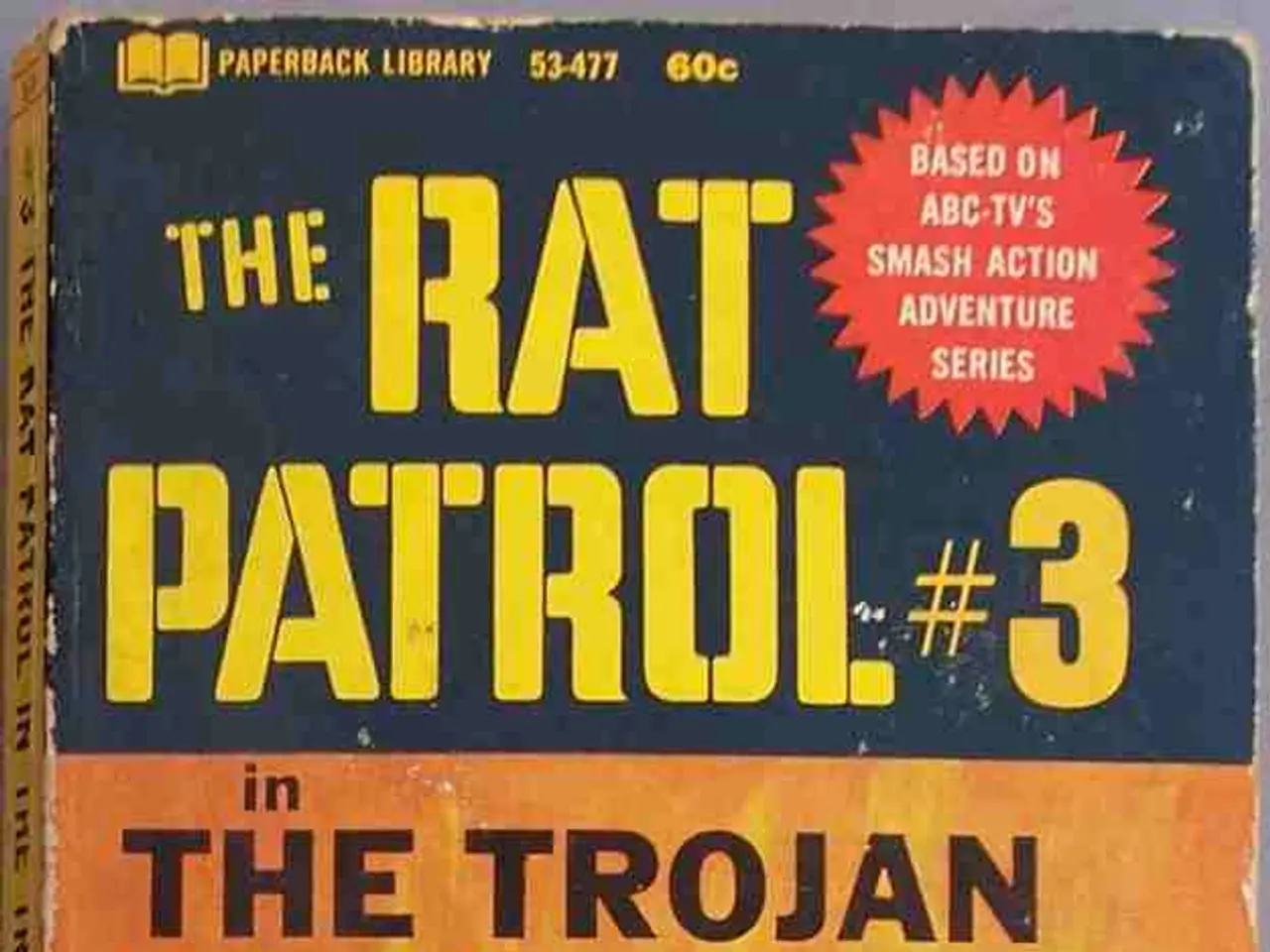Foreign Afghans settled in the UK allegedly staged torture videos and took vacations in Afghanistan, claims a former interpreter.
In a series of revelations, concerns have been raised about Britain's Afghan relocation scheme, designed to protect those facing serious threats from the Taliban due to their links with British forces.
At the heart of the controversy is Rafi Hottak, a leading campaigner for interpreters and elite Afghan security units yet to be resettled. Hottak, who resides in the UK, strongly disputes claims that the Taliban is not a threat to those with links to the British.
The Ministry of Defence (MoD) has maintained that anyone found eligible for relocation from Afghanistan and their family members undergo robust security checks. If they do not pass these checks, they are not granted entry to the UK. However, a former interpreter who served with British forces in Afghanistan and later relocated to the UK has revealed that individuals were accepted for relocation even though they only worked for one or two days as interpreters with British forces.
The controversy deepened when an accidental leak of data by a military official involving the names of nearly 19,000 people who had been applying for relocation to the UK sparked new concerns within the MoD that lives may have been put at risk. A former interpreter who was caught up in the data leak claimed to have been unfairly sacked and yet to be offered relocation to the UK.
The independent review commissioned by the Ministry of Defence found that resistance to current Taliban rule is a more persuasive factor in the threat faced by individuals in Afghanistan. This contradicts the claims of an Afghan source, who stated that there is no security risk, and the data leak, intimidation, and threat letters are fake.
The source alleges that the Afghanistan Relocations and Assistance Policy (ARAP) was open to exploitation by Afghans seeking a better life in Britain. Examples of alleged exploitation include multiple cases of applicants sending fake Taliban threat letters, staged 'torture' videos, and false claims of Taliban attacks as evidence of danger.
Hundreds of Afghans who have been relocated to Britain under the multibillion-pound scheme to protect them from the Taliban have reportedly returned to Afghanistan for holidays and other trips. Applicants have also pushed to bring in large, extended families as well as their spouse and children, including parents, siblings, nephews, nieces, and even second wives.
Afghans were resettled in the UK despite already being granted asylum in other safe countries such as Denmark or Belgium. Under the government's scheme, an individual who is granted relocation is allowed to bring his or her spouse and any of their dependent children under the age of 18.
The total cost of the scheme is expected to be between £5.5bn and £6bn, according to the Ministry of Defence. The scheme, which has seen the relocation of some 35,000 Afghans to the UK since 2010, has been expanded further in 2021 amid fears about the impact of growing instability as the Taliban surged back into government.
The names of the people involved in the parliamentary inquiry into the Afghanistan Relocations and Assistance Policy include British MPs such as Julian Lewis, Tobias Ellwood, and MPs from the Defence and Foreign Affairs Committees, but specific individuals may vary depending on the parliamentary body conducting the inquiry.
Amid these revelations, it has been reported that there was a thriving business in Afghanistan to produce fake Taliban threat letters. The Taliban has now cracked down on this practice. However, the former interpreter who first raised these concerns has claimed that someone else was using his Facebook account, and he does not have access to it.
Rafi Hottak, another leading campaigner, continues to advocate for those yet to be resettled, urging for a thorough investigation into the allegations and a review of the current relocation scheme to ensure the safety and security of those it is intended to protect.
Read also:
- United States tariffs pose a threat to India, necessitating the recruitment of adept negotiators or strategists, similar to those who had influenced Trump's decisions.
- Weekly happenings in the German Federal Parliament (Bundestag)
- Southwest region's most popular posts, accompanied by an inquiry:
- Discussion between Putin and Trump in Alaska could potentially overshadow Ukraine's concerns








